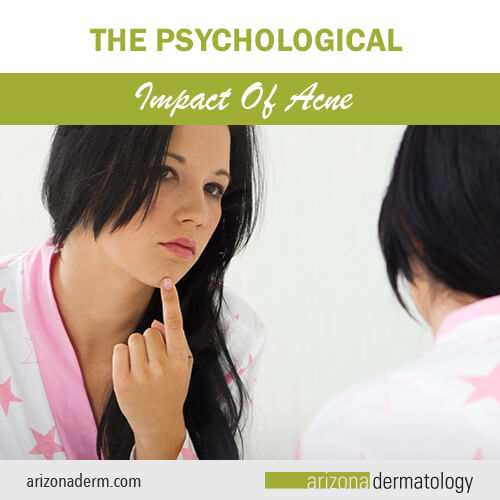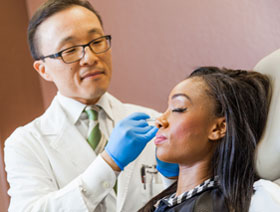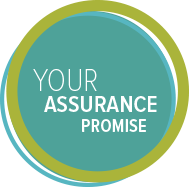 16-year-old Jack wants to try out for track and field, but his acne gets worse when he sweats, so he avoids sports.
16-year-old Jack wants to try out for track and field, but his acne gets worse when he sweats, so he avoids sports.
13-year-old Cara has another large, red pimple on her face, and suddenly she feels sick to her stomach and doesn’t want to go to school.
25-year-old Meredith would rather just go home after work and be alone than try to cover her acne with makeup and go out with her colleagues and friends.
15-year-old Simon gets called “crater-face” at school so often that he wonders if his acne will ever go away?
These are just a few examples of the psychosocial impact of acne in young people’s lives, and they are all too common.
Acne is sometimes viewed as a minor skin concern, a normal part of life at best and an inconvenience at worst. And while it is true that a pimple here and there or a once-a-month breakout isn’t a problem for most teens or adults, the psychological impact of chronic moderate-to-severe acne can be serious.
How Does Acne Affect Teens and Adults?
Using case-control and cross-sectional surveys, researchers have studied the psychosocial effects of acne and discovered that people with acne have increased incidences of:
- Depression
- Anxiety
- Psychosomatic symptoms, including pain
- Feeling embarrassed
- Feeling unattractive
- Feeling alone
- Avoiding social interactions
- Suicidal thoughts
In fact, research shows that acne is associated with greater psychological stress than other comparable conditions.
As dermatologists we want to get the word out to parents and medical professionals that in many instances, acne should not simply be brushed off as a normal part of growing up.
Acne can be devastating to a young person’s self-esteem. Bullying at school can exacerbate the problem leading to more severe psychological damage, but even kids who aren’t bullied about their acne can experience negative psychosocial consequences.
Acne can make people, especially teen girls, feel unattractive, leading to depression and anxiety. A common response is to avoid social interactions, withdrawing into oneself in an unhealthy manner. Teens may avoid joining clubs, sports, or taking part in school or social activities. This can have long-term social and professional consequences as colleges and universities look for these activities on applications.
The effects aren’t limited to children, either. Adults with acne have been known to quit college and/or work because of self-esteem issues, depression, and/or anxiety related to acne. Even if they muddle through, they often feel embarrassed and alone.
Should You Seek Treatment for Acne?
We highly recommend that any teen or adult who is experiencing psychological effects from acne see a dermatologist. Untreated acne will often worsen, aggravating psychosocial problems and sometimes leading to permanent physical scarring.
Research shows that effective treatment of acne leads to improved self-esteem, body image, self-confidence and self-assertiveness. It also reduces obsessive-compulsiveness and feelings of embarrassment and shame.
There are so many safe and effective treatment options available for acne, and a dermatologist can help find the right one for you or your teen. Keep in mind, it can take a few weeks for an acne treatment to reach its full effect. Also, some treatments work better for some people than others. You may have to try a few different medications and/or in-office treatments before you find the right fit.
If you or your child experiences psychological or psychosocial stress related to acne, don’t ignore or minimize the problem. With a dermatologist’s help, acne can be controlled or eliminated.
A life free of acne helps a person face the world with confidence, a positive self-image and a healthy state of mind.


